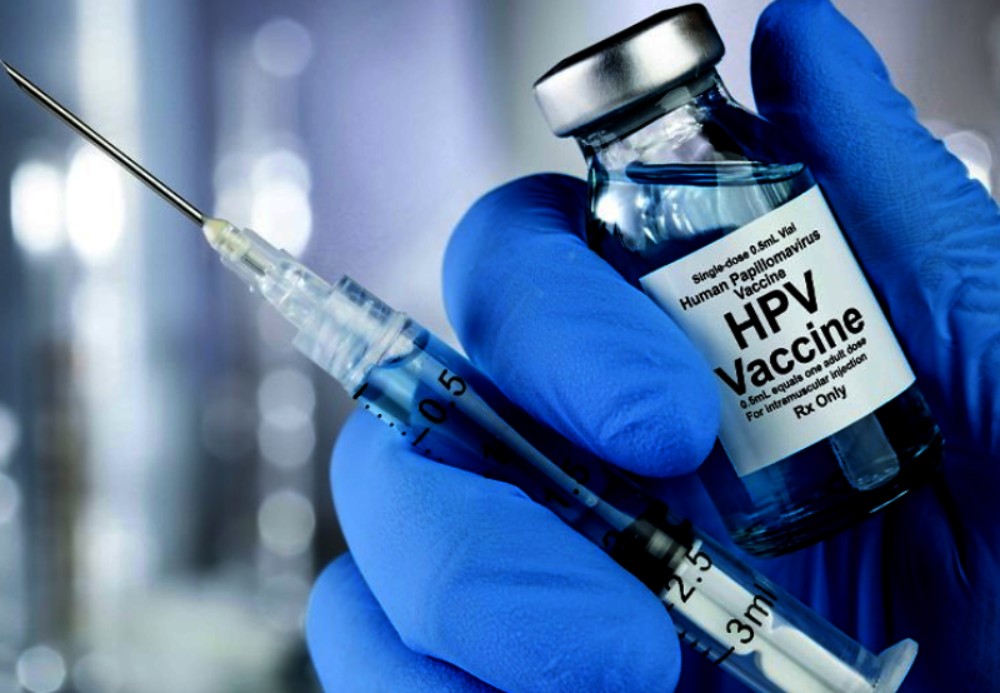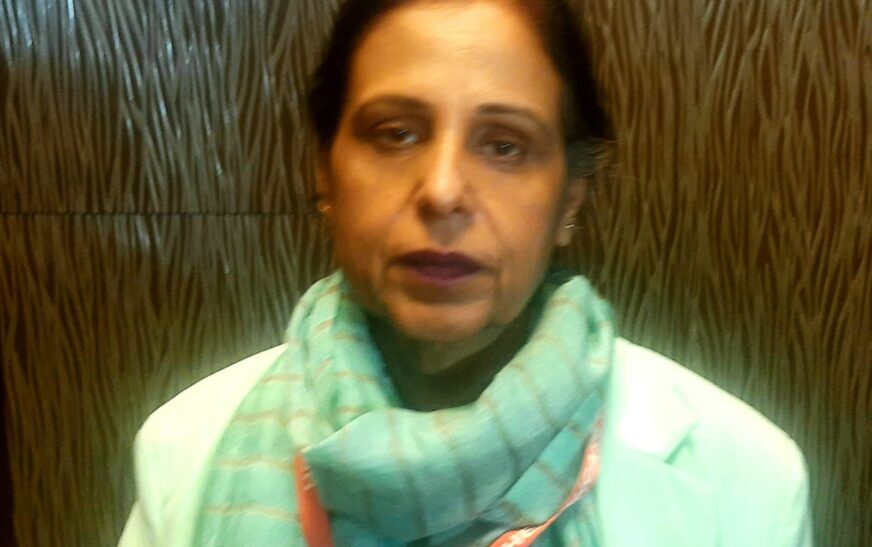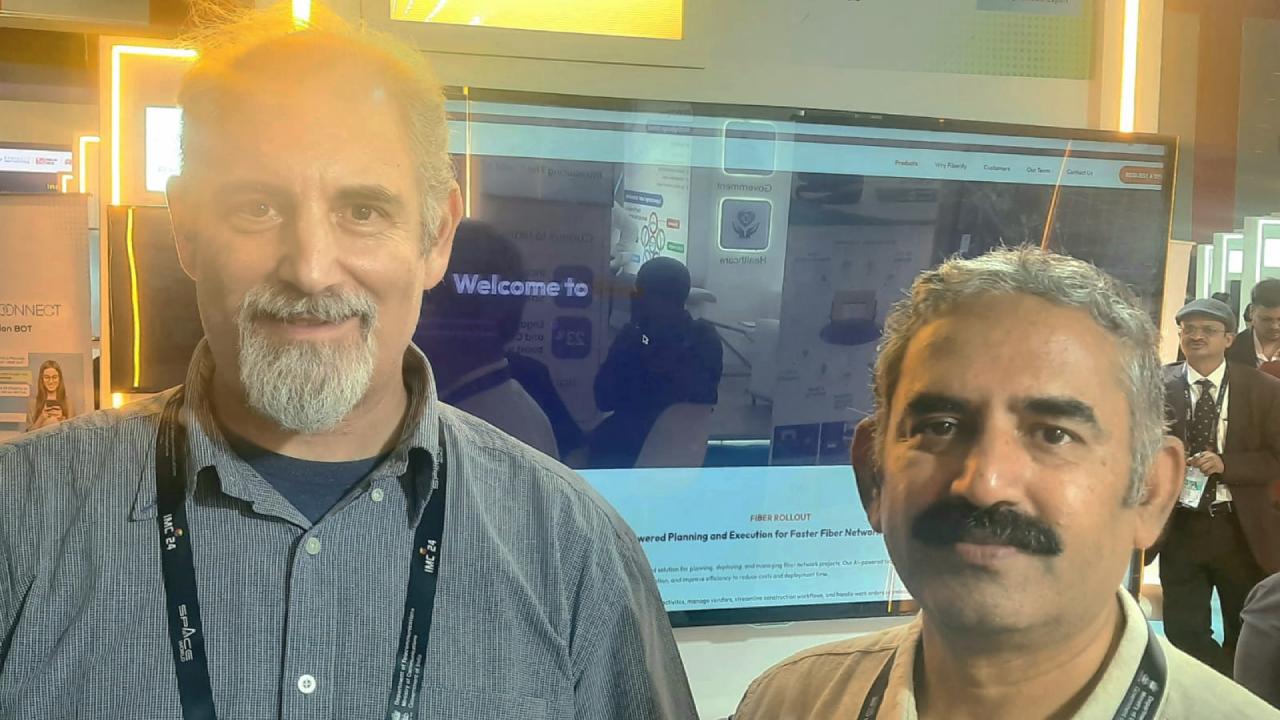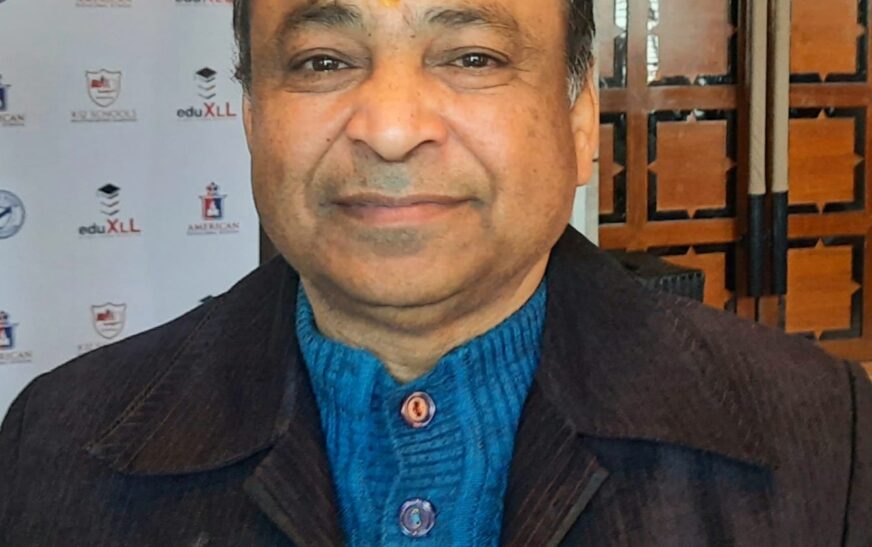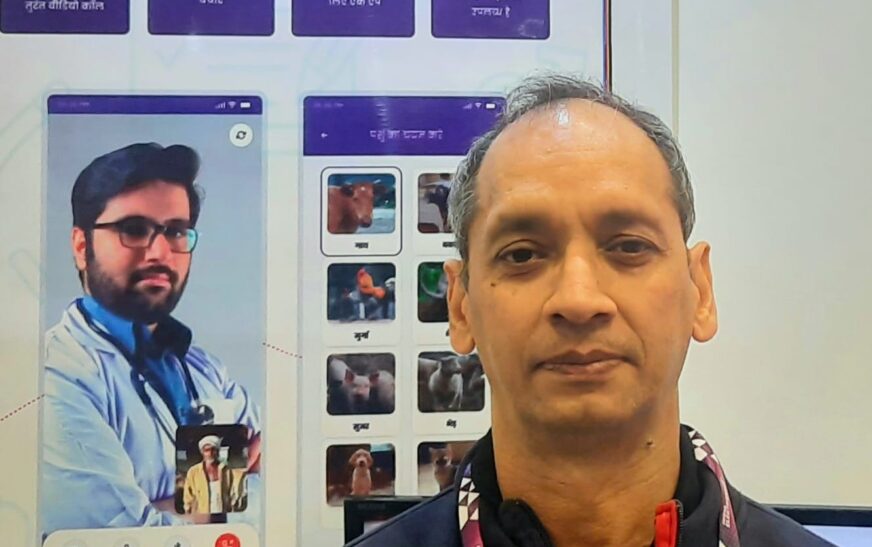Cervical cancer remains a significant global health challenge, affecting women of all ages and backgrounds. Despite advancements in screening and prevention methods, it continues to claim lives and impact communities worldwide. One of the most distressing aspects is that many cases of cervical cancer are preventable with early detection and vaccination against the human papillomavirus (HPV), the primary cause of cervical cancer. Yet, disparities in access to healthcare, education, and resources exacerbate the burden of this disease, disproportionately affecting marginalized populations.
Addressing cervical cancer requires a multi-faceted approach, including widespread education about risk factors, symptoms, and preventive measures. Equally crucial is ensuring equitable access to HPV vaccines, screening tests like Pap smears, and appropriate treatment options for those diagnosed. Additionally, combating the stigma surrounding women’s health issues and promoting open dialogue about cervical cancer can encourage early detection and proactive healthcare-seeking behaviors.
As we navigate forward, prioritizing comprehensive healthcare systems, promoting vaccination campaigns, and investing in research for more effective treatments are vital steps toward reducing the incidence and mortality of cervical cancer. By fostering collaboration between governments, healthcare providers, advocacy groups, and communities, we can strive towards a future where cervical cancer is no longer a pervasive threat to women’s health and well-being.
In an exclusive interaction with The Interview World, Dr. (Prof.) Meenu Walia, Senior Director – Medical Oncology, Max Super Speciality Hospital, Vaishali, sheds light on the risks and impacts associated with cervical cancer, talks about treatment options, accentuates the efficacy of the vaccine to prevent cervical cancer, underscores the importance of early screening for detection and treatment, and emphasizes on the advancements during the last decade. Here are the key excerpts from her interview.
Q: What are the risks and impacts associated with cervical cancer?
A: Cervical cancer poses significant risks and impacts on both physical and emotional well-being. Primarily caused by persistent HPV infection, its risks include invasive treatments, infertility, and even death if left untreated. Emotional tolls can be profound, affecting relationships and mental health. Routine screenings can detect precancerous changes early, reducing risks and allowing for less invasive interventions.
However, inaccessibility to healthcare, misinformation, and stigma exacerbate the impacts, disproportionately affecting marginalized communities. Beyond individual health, cervical cancer strains healthcare systems and economies due to the costs of treatment and loss of productivity. Education, vaccination, and improved access to healthcare are crucial in mitigating these risks and minimizing their impact on society.
Q: What treatment options are currently available for cervical cancer?
A: Current treatment methods for cervical cancer depend on various factors such as the stage of the cancer, the patient’s overall health, and personal preferences. Generally, treatment options include surgery, radiation therapy, chemotherapy, targeted therapy, and immunotherapy. For early-stage cervical cancer, treatments like surgery (such as a hysterectomy or cone biopsy) or radiation therapy alone may be sufficient. Advanced-stage cervical cancer often requires a combination of treatments, such as chemotherapy and radiation therapy, or targeted therapy and immunotherapy.
In cases where the cancer has spread beyond the cervix, palliative care may also be incorporated to manage symptoms and improve quality of life. Treatment decisions should be made in consultation with a healthcare team specialized in oncology, considering the individual patient’s circumstances and preferences. Regular follow-up care is essential to monitor for any signs of recurrence or complications.
Q: What is the efficacy of the cervical cancer vaccine in preventing the development of the disease?
A: The vaccine stands as a potent defense, especially against cervical cancer, demonstrating its effectiveness. Its scope extends beyond cervical cancer, offering protection against genital warts and various other cancers, including those affecting boys. While it is predominantly promoted for girls, its remarkable efficacy is backed by extensive research spanning several years, affirming its safety profile and minimal side effects.
Despite being readily accessible within our country, a significant hurdle remains: the pervasive lack of awareness among the populace. This dearth of knowledge often leads to reluctance among individuals to step forward and avail themselves of the vaccine for their daughters and sisters. Bridging this awareness gap is crucial to ensuring broader acceptance and uptake of this vital preventive measure, thereby safeguarding more individuals against the risks posed by cervical cancer and related conditions.
Q: What role does screening play in early detection and treatment of cancer, and how can it significantly impact outcomes?
A: Screening serves as a cornerstone in the early detection of cancer, a pivotal factor in reducing mortality rates for prevalent cancers such as breast and cervical cancer. Numerous evidence-based studies validate the effectiveness of screening in this regard. By detecting cancer at its nascent stages, screening interventions have significantly contributed to decreasing mortality rates. Consequently, it is imperative to amplify both the prevalence and efficacy of screening programs.
Additionally, raising public awareness about the pivotal role of screening in cancer prevention and early detection is essential. Empowering individuals with knowledge about the benefits and accessibility of screening can facilitate early diagnosis and prompt intervention, ultimately saving lives. Therefore, concerted efforts can ensure widespread access to screening services and to foster a culture of proactive health management within communities.
Q: What are the notable advancements in cancer treatment over the past decade?
A: Over the past decade, there has been a profound transformation in the realm of cancer treatment, marking a pivotal shift in the medical landscape. Particularly notable is the emergence of groundbreaking therapies, which have revolutionized the approach to combating cancer. Among these advancements are targeted therapies, which precisely pinpoint cancer cells, and immuno-oncology, which harnesses the body’s immune system to fight cancer. These developments have not only enhanced the effectiveness of treatment but have also offered new hope to patients.
Furthermore, the era has witnessed a surge in the introduction of novel medicines and innovative molecules, expanding the arsenal of available treatment options. This influx of diverse therapeutic modalities has not only diversified the treatment landscape but has also paved the way for personalized medicine tailored to individual patients’ unique needs.
Moreover, the impact of these advancements extends beyond treatment alone. From early detection through improved diagnostic techniques to vigilant monitoring strategies, every aspect of cancer care has undergone significant refinement. Consequently, these advancements have contributed to a notable decrease in recurrence rates, further bolstering the prospects for long-term survival and improved quality of life for cancer patients. In essence, the past decade has heralded a new era in cancer treatment, characterized by unprecedented progress and hope for the future.
